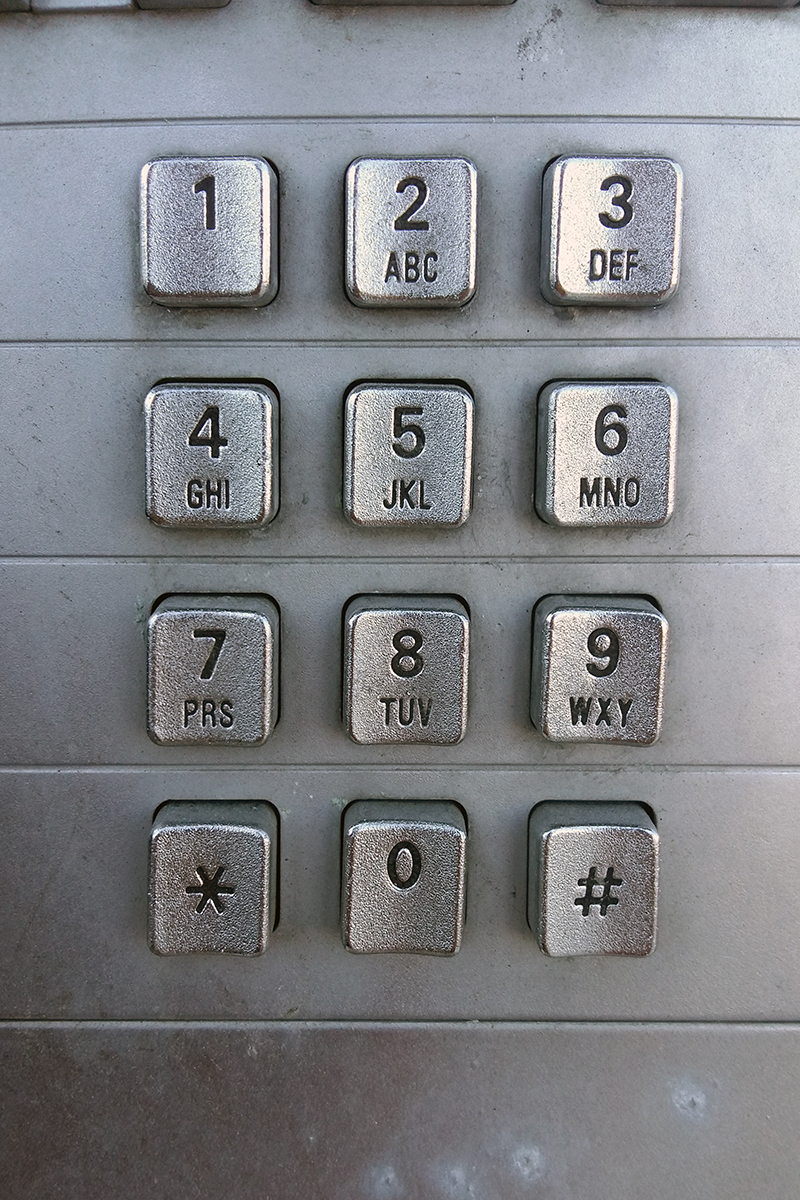
I made the call at 7:00 p.m.
At 7:01 p.m., the line went dead and I started swearing in both official languages.
This was totally not what was supposed to happen.
Rewind.
Like most Canadians, I’m held hostage by “Robelus.” Rogers, Bell and Telus, the three national telco companies, control 90% of the Canadian wireless market. They are often indistinguishable in price and they raise them just because they can—they are protected from international competition and have zero incentive to undercut each other.
The result? Canadian phone plans are among the most expensive in the world and we are all tired of the official excuse, “Canada’s challenging geographic size.”
Go ahead, laugh in European. This is what we get in Canada:
- Barebone plans starting at around $40.
- We pay for outgoing and incoming calls.
- We pay for voicemail, call display, call forwarding, etc.
- We pay additional fees for “compulsory options” like 911 access or “network access.”
Years ago, I signed up with Virgin Mobile—a subsidiary brand of Bell—because back then, they offered the least worse deal. I started with a flip phone and a prepaid plan, then I had a two-year monthly plan with a Blackberry, which I traded for an Android (another two-year contract) and upgraded again to my current device (… and you guessed it, I signed a damn two-year contract).
The final contract ended in February 2018. I didn’t cave into the many text messages inviting me to “upgrade”—and mostly sign another two-year agreement. Plans are now cheaper without a contract, so I kept on other providers for a better deal.
Give Videotron’s marketing team a bonus. I called the Quebec carrier after seeing bus-shelter ads during the large-scale campaign in Ottawa.

With Virgin Mobile, I was paying $60 for 2 GB of data and unlimited Canada-wide calling. Videotron’s promotional “Basic Plan” was offering me 3GB of data and unlimited Canada-wide calling for $44.95.
I called Virgin to negotiate a better deal but I was put on hold for 42 minutes and eventually hung up.
I called Videotron and introduced myself as a potential customer with questions. “It’s month to month, right?” I inquired. “And I can cancel anytime? No added fees?”
Of course, there were added fees. A $5 SIM card and a $20 bullshit activation fee. “But you will keep your number and we take care of everything with Virgin,” the customer service representative promised. “All you have to do is to call us when you receive your SIM card by mail.”
It arrived as promised two days later. I detached the SIM card from the yellow wallet-sized packaging and called Videotron, as instructed.
“Hi! I’m a new customer and I’ve just received my SIM card. I was told to call to complete the process.”
“Did you insert the SIM card in your phone?”
“Not yet,” I replied. “This is the phone I’m calling you with and… well, I thought I had to call you first.”
“I see. Let me just activate your account and—.”
The line went dead.
I looked at my phone. “Mobile network not available.” Without further instruction, Videotron had apparently switched me before I had the chance to deal with the SIM card. Great.
I spent the next ten minutes watching YouTube videos explaining how to insert a SIM card into a Galaxy A5. Turns out you can’t remove the back panel, you have to use a paperclip to open a slot on the right side. Stop laughing, I use my phone, I don’t play around with it!
After several clumsy attempts, I managed to insert the damn card.
I restarted my phone. All good? Not quite.
“SIM network unlock PIN.”
Fuck. My phone was locked.
In Canada, until last year, telco companies provided customers with phones locked to their network and we were charged a fee—typically $50—to unlock the device and switch service providers. The industry’s regulator, the CRTC, introduced new rules in December 2017 and eliminated unlocking fees.
Naively, I thought Videotron, who had promised to handle everything on my behalf, would have dealt with that too.
I used Skype to call back Videotron and I explained the problem.
“That’s unfortunate but you have to ask Virgin to unlock your phone. We can’t help you, goodbye!”
Awesome.
I called Virgin but as usual, they were experiencing “higher than usual call volume.” As I was waiting on hold, I tried their online chat. Useless—“a Care Specialist can help you at 1-888-999-2321.”
Eventually, 42 minutes later, a nice Pinay—not making it up, she told me the call centre was in the Philippines—gave me the code to unlock my phone.
I turned it on.
It worked.
Phew.
What should have taken five minutes took me two hours.
Virgin called me today to ask me why I’m no longer a customer.
Videotron sent me a “customer experience survey.”
I probably won’t share any feedback.
Share this article!



Ouch!
Half of it is my own stupidity, though 😆
It’s the same for Internet access, and it’s somewhat true that the size of the country render the costs of the access higher than in Europe or Asia where population density is far bigger.
There are plans by diverse companies to create Low Earth Orbit satellites constellations that would provide world wide internet access which would be équivalent in terms of speed, latency and data volume at what is available with a landline. But we’ll have to wait at least 5 or 6 years before getting that.
How about Google’s Project FI? Americans who are eligible (i.e. in the right area) seem to be super happy about it.
It doesn’t work in Canada for what I see.
Nope, and even in the US, it doesn’t seem as easy as you’d think it would be considering Google is a pretty damn big company.
[…] switched to Videotron last fall and their roaming plan is prohibitively expensive so I decided to buy a French SIM card for the […]